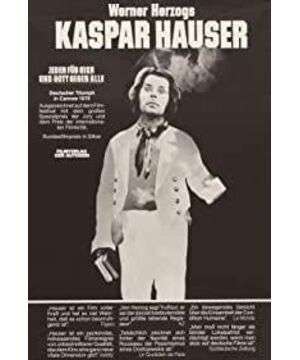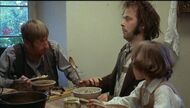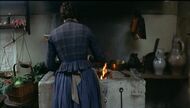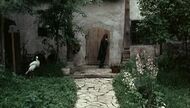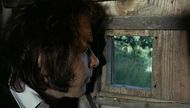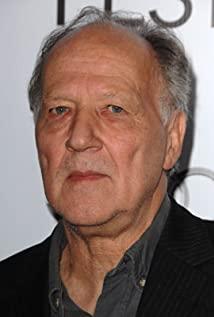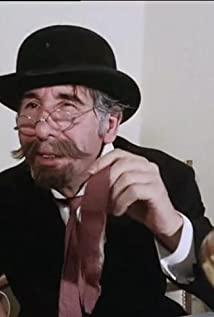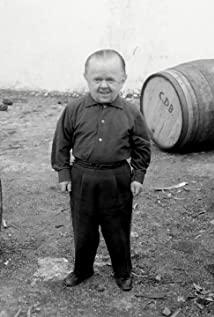The first scene is the endless wheat waves swaying in the wind, and the background music Canon sounds. About this shot, the following text feels more profound. "The introductory part of the film is a group of long shots that are calm, soothing, and serene, which seem to have nothing to do with the film: a calm river, a page of boats swaying gently, Ripples, a girl's hazy face slowly turns into an old woman doing laundry by the river, a person's life goes from young to old, just like this, calm and serene, how beautiful! However, the director added a The dissonant factor, with the beginning of the film, the aria "Dies Bildnis Ist Bezaubernd Schon" in Mozart's "Magic Flute" when Prince Tamino strayed into the dark forest after the night lingers in this calm and serene picture, waving If it doesn't go away, when the aria is sung halfway, the music and the picture stop abruptly, and then the feature film is connected. Johann Pachelbel's "Canon in D major" plays, one after another, continuously, a group of fixed camera The long empty lens is fixed there: the vast fields, the silent trees, the withered yellow reeds that cannot be seen under the hazy sky, are one after another under the strong wind, like a stormy sea, rolling endlessly, and then abruptly. He gave a subtitle: "Didn't you hear the terrifying sounds around you? The yelling man asked for silence. "
This scene looks very mysterious. After careful analysis, it is not difficult to find that the director tells us through the repeated and repeated "Canon" and the aria of Prince Tamino that there will be a "foreign" in this quiet and peaceful life. The "intruder who will test the tolerance and compassion on which humanity is so proud, exploring the so-called shadow behind civilization and progress." ( http://i.mtime.com/maro/blog/166782/ )
The second shot is the shot of Kaspar's description of his dream. For this shot, please refer to the following commentary "The director used three dreams to show the process of Kaspar's cognitive society. During his first 16 years of cellar career, The dream never appeared. When he was able to think gradually, the dream appeared. From the first time he saw the late mayor's wife in a dream and believed it to be true to knowing what a dream was, he also gradually knew what a dream was until he could clearly understand it. He recounted his dream: "Everyone is climbing a rocky mountain, and the slopes are full of climbers, and the top of the mountain is full of dead people. "This is a leaping process, and Garth Hopper's inner emotions have also undergone tremendous changes. In order to strengthen this change, the director deliberately chose Albinoni's sobbing and tearful "Adagio in G Minor". ", once again brought out a set of long sky shots, the same tranquil lake, the same boat, the same swans cruising leisurely, but Garth Hober was in a heavy heart. At the end of the film, when Garth Hober was dying, he He narrated his last "dream": the knights followed the caravan across the desert, but they got lost, and there appeared rolling mountains to the north of the compass. At this time, a blind man grabbed a handful of sand and tasted it, the blind man said , you are all wrong, the mountain you see is actually just an illusion, so they continue to go north and finally reach a city, "But, I don't know what happened later. "This allegorical story is pretty much the manifesto of Garth Hopper, an intellectually blind man who identified worldly visions, but how many heard and believed?" ( http:// i.mtime.com/maro/blog/166782/ )
searched for some movie reviews on the Internet, and found that the reviews linked above are more convincing, and they clearly explain the origin of the background music. Like one....
View more about The Enigma of Kaspar Hauser reviews


